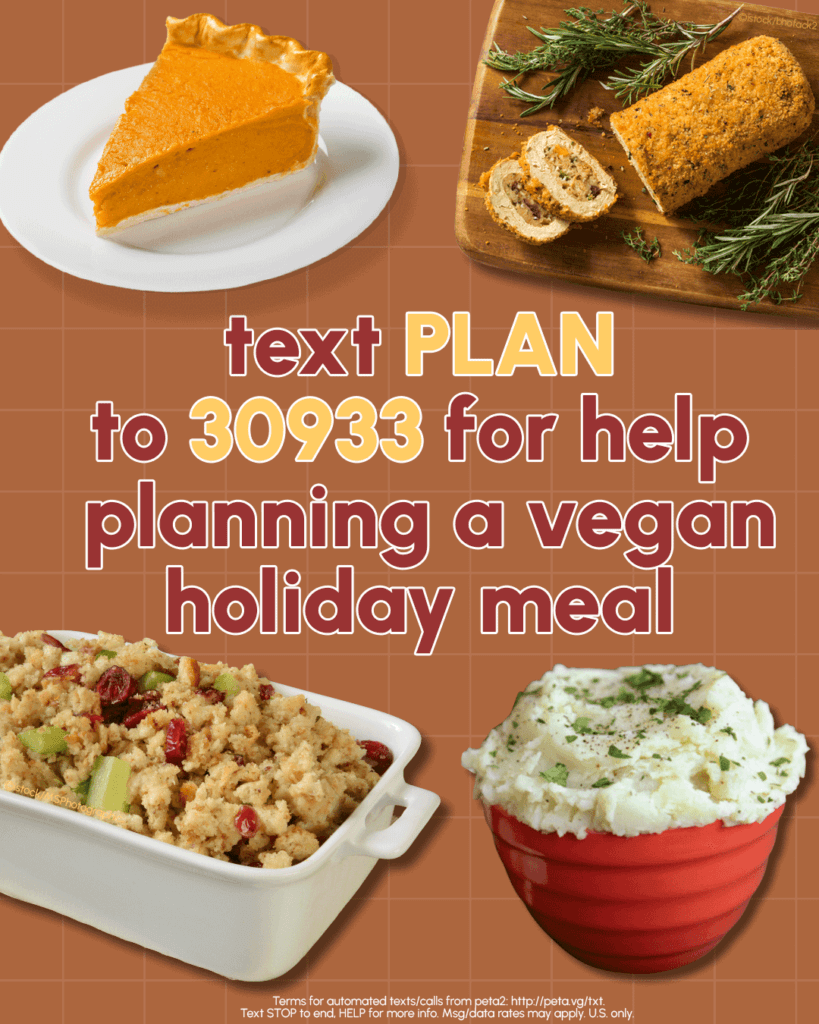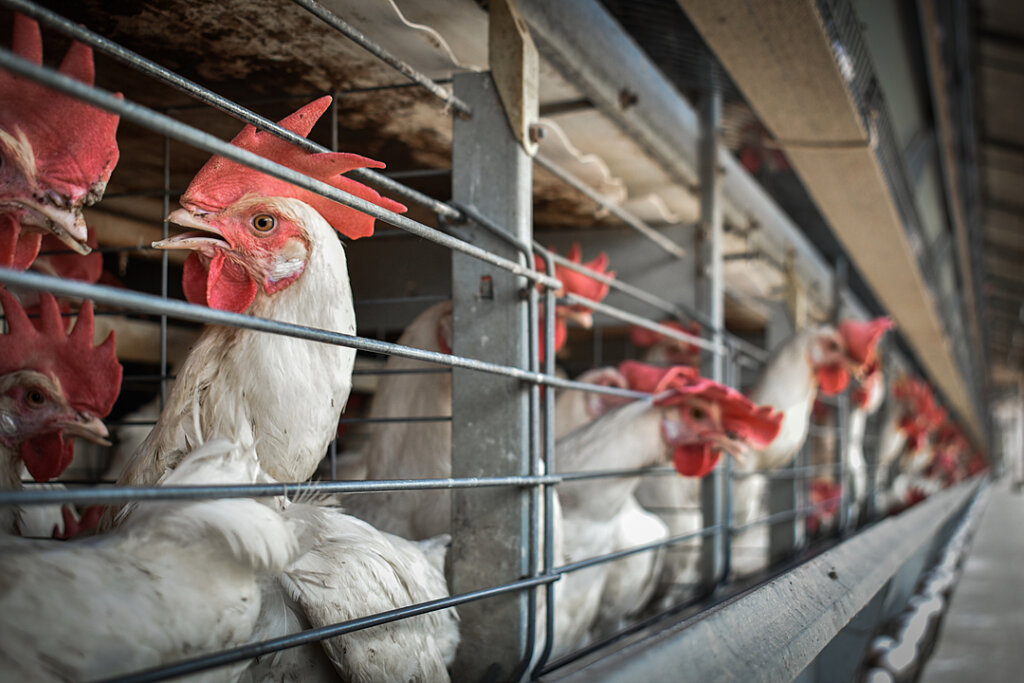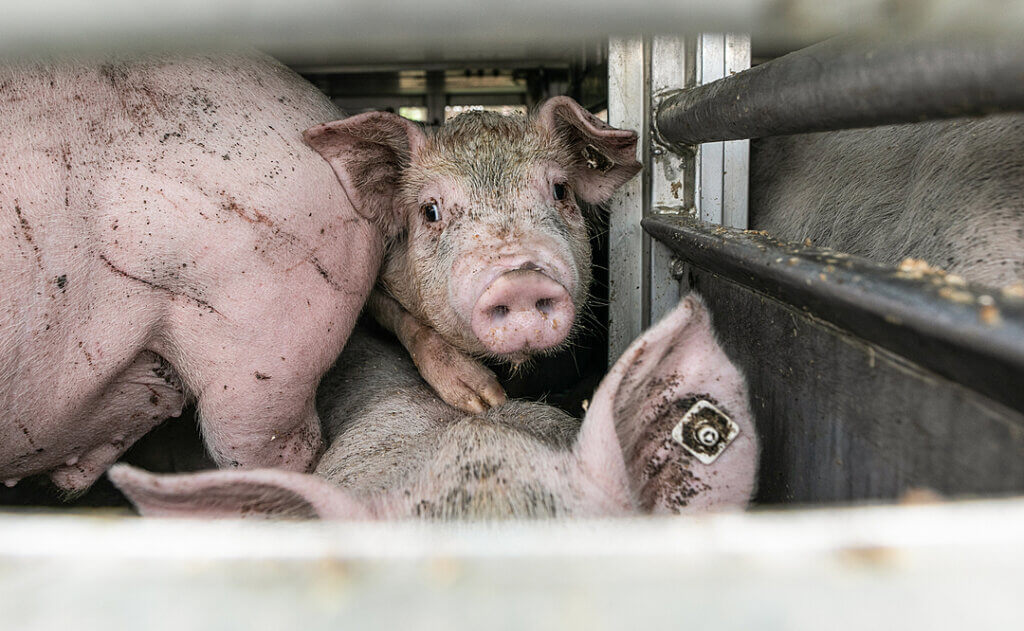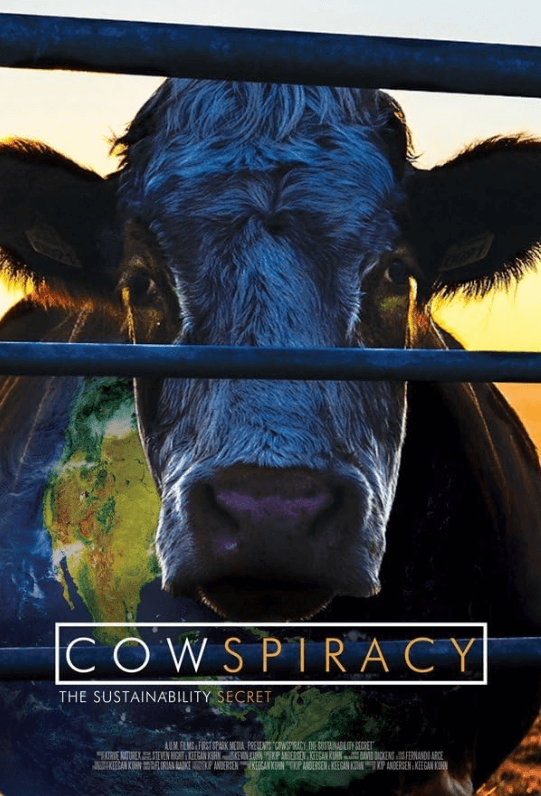How to Survive the Holidays With Nonvegans
Hanging with loved ones is always one of the best parts of the holidays—exceeept when nonvegans give you a hard time. 😒 It can sometimes be challenging to survive the holidays with people who still eat animals, but that shouldn’t stop you from enjoying yourself! Just be polite, stay strong in your vegan beliefs, and know how to turn tricky situations into positive experiences. We’ll give you a hand on that last part—here’s what to do if:
You’re Asked Why You’re Vegan
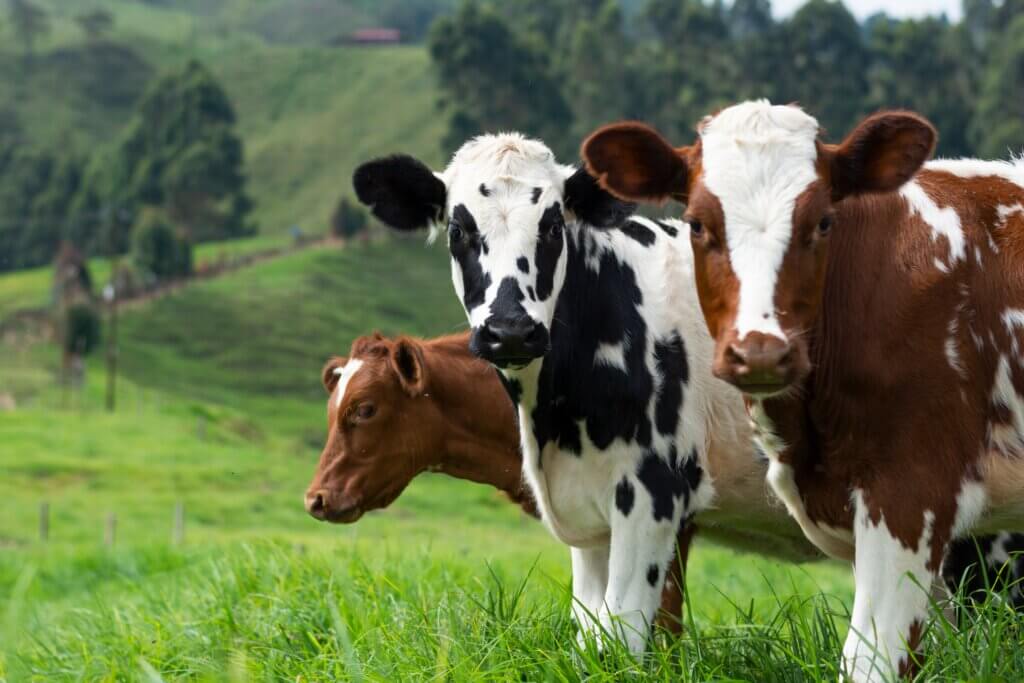
Let’s start with the most straightforward question others ask when they find out we’re vegan: “But why?” You can let everyone know that going vegan can improve their health and reduce their carbon footprint. Be sure to stress that the main reason is bc animals have thoughts, feelings, and relationships and don’t deserve to suffer for our pleasure. Who knows—you may inspire others at the gathering who care about animals to try going vegan, too. 😊
You’re Told You Need Enough Protein
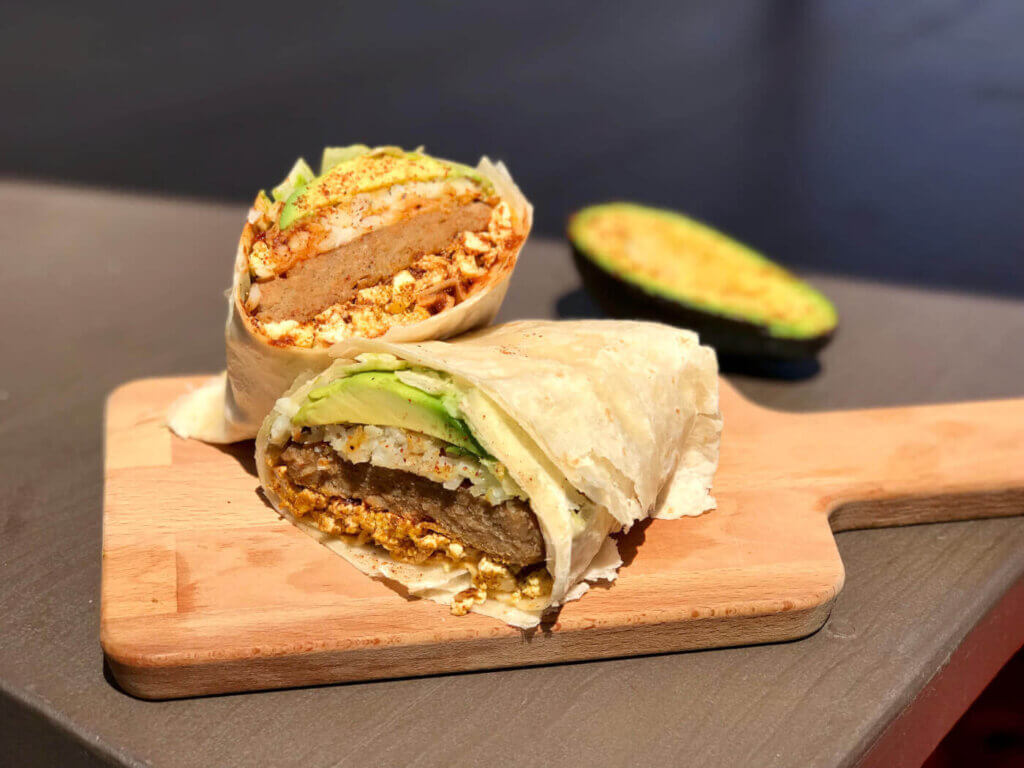
This is one of the most common things nonvegans bring up, and it’s super-easy to handle. You can tell them that they don’t need to worry—vegan food’s got you covered. We can get plenty of protein from beans, nuts, peas, lentils, and tons of other delicious vegan sources.
You’re Told You Need Enough Iron, Calcium, or Other Nutrients

A little louder for the people in the back: We can all get the nutrients we need without eating animal-derived foods. And guess what? Vegan foods are generally way healthier than cruelly produced foods since they’re cholesterol-free and more likely to be low in saturated fat.
You’re Worried About Vegan Options
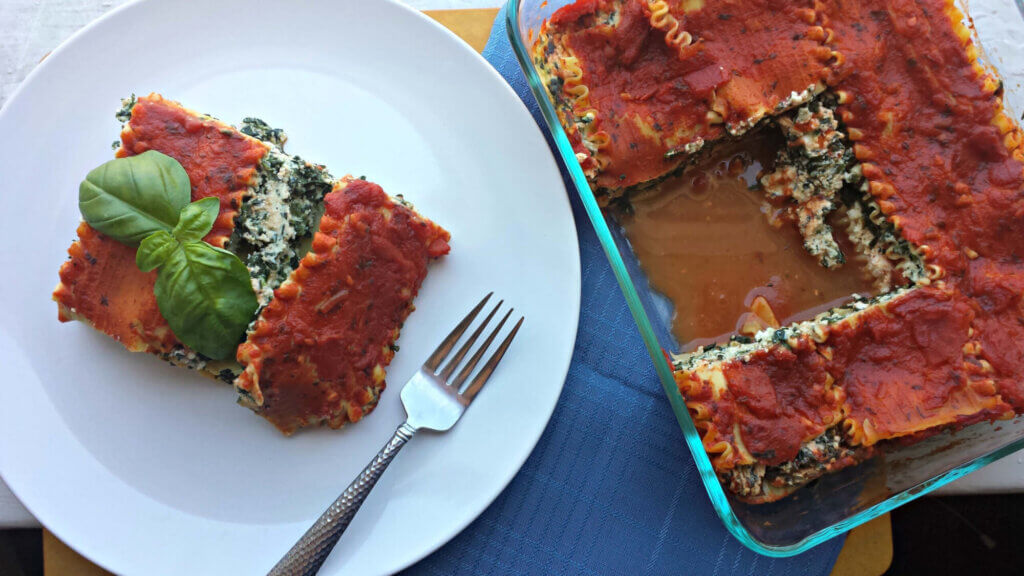
Don’t just hope that your gathering will have vegan options for you—plan with the organizers ahead of time. A lot of holiday recipes are easy to make vegan by substituting one or two ingredients—like mashed potatoes made with plant-based milk, which could be served for everyone or alongside the nonvegan option. You can also take the initiative and bring a bussin’ main course to share, like Tofu-Spinach Lasagne, Butternut Squash Enchiladas, or Tofurky. (More on that later.)
You’re Asked Why You Don’t Just Eat Eggs and Dairy
Being vegan means refusing to eat any animal-derived products, including eggs and dairy. Get ready to spit facts about the egg and dairy industries’ horrible treatment of chickens and cows. Here are just a few of the points you can make:
- Chicks hatched in the egg industry will never see their mothers, and the males are either suffocated to death or ground up alive.
- Chickens spend years in cramped, filthy cages laying eggs before they’re taken away for slaughter.
- Since cows only produce milk after being pregnant, dairy industry workers artificially inseminate (assault) them.
- After just one to three days, workers take calves away from their moms. The mothers have been known to cry out for their calves for days. 😢
You’re Told That Since It’s the Holidays, You Don’t Have to Eat Vegan
Sometimes, nonvegans will leave you scratching your head. Why would we support cruelty to animals for a few weeks every year? 🤔 It’s always best to answer politely, though. You can just say that you eat vegan to prevent animals from living and dying in agony—something that doesn’t take a break for the holidays.
You’re Told the Animal-Derived Food Being Served Is Humane or Cage-Free
Ah, the old nonvegan justification. It must be OK to eat animals if “humane” is included on the package, right? 😑 Yeah, no. Almost every “humane meat” factory farm PETA’s investigated uses cruel practices—like cutting off baby animals’ tails and separating families. And chickens raised on “cage-free” farms are still confined to filthy sheds for their entire miserable lives. There’s simply no humane way to produce or eat animal-derived foods. Period.
You’re Asked What Tofurky Is
Tofurky has become a vegan Thanksgiving classic. Usually made from tofu (and sometimes from seitan), it’s a main course that doesn’t require any of the cruelty and slaughter used to get flesh from real turkeys. When you dish out some perfectly flavored Tofurky at the table, even nonvegans will realize that it absolutely slaps.
You’re Hosting This Year
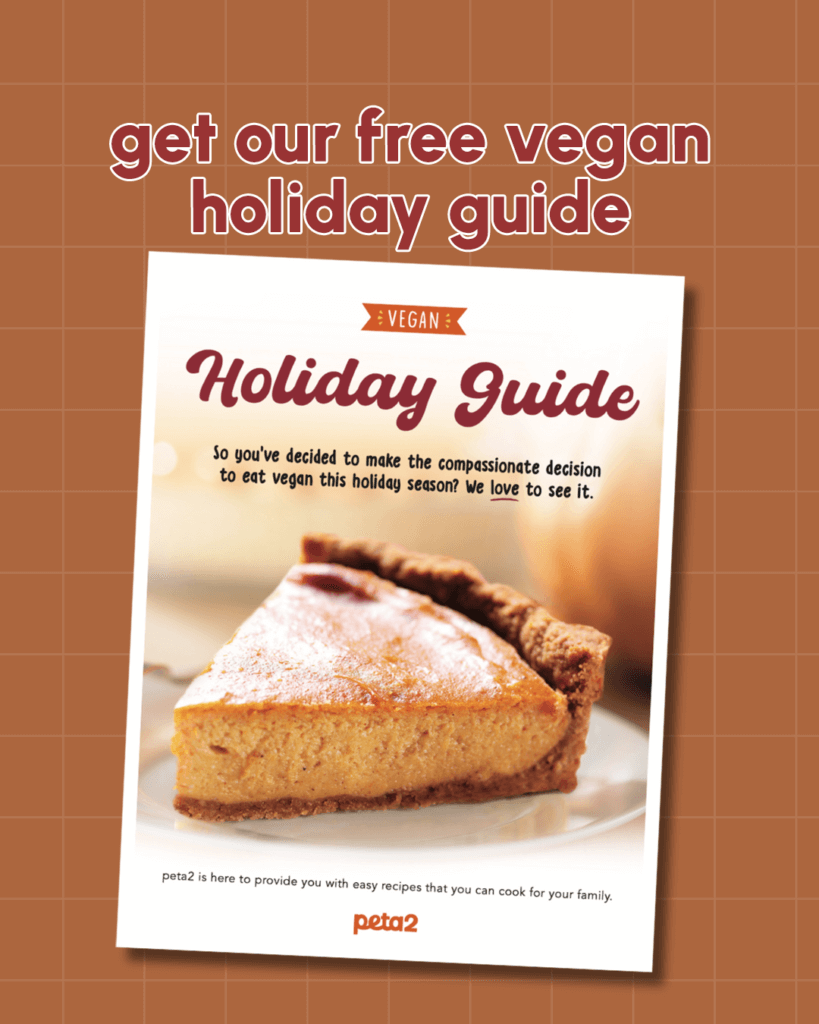
Hosting gives you the perfect chance to make the holidays as vegan as possible. While others can still bring nonvegan food if they want (see how the tables have turned? 😏), you can make tasty traditional holiday dishes for everyone without using any meat, eggs, or dairy. Get our free Vegan Holiday Guide for a shopping list, common questions, and mouthwatering recipes like Green-Bean Casserole, Classic Holiday Stuffing, and Pumpkin Pie.
You Want to Give Others More Info
Is answering everyone’s questions kinda burning you out? Feel free to give them resources so that they can keep learning about animal rights in their own time. There are dozens of inspiring books, documentaries, and guides that expose humans’ cruelty to other animals and show how we can help improve their lives. Plus, they could take part in peta2’s “Your Sign to Save Animals” campaign to start earning peta2 points in our Rewards Program and redeeming them for free merch. 🤩
*****
The holidays can be a lot of fun for us, but it’s the scariest time of year for turkeys. 🦃😰 Help these amazing birds get the fulfilling lives they deserve—post notes spreading info on turkeys around town to turn others off eating turkey flesh and encourage them to make compassionate food choices.
Text peta2 to 30933 for ways to help animals, tips on compassionate living, and more!

Terms for automated texts/calls from peta2: http://peta.vg/txt. Text STOP to end, HELP for more info. Msg/data rates may apply. U.S. only.

